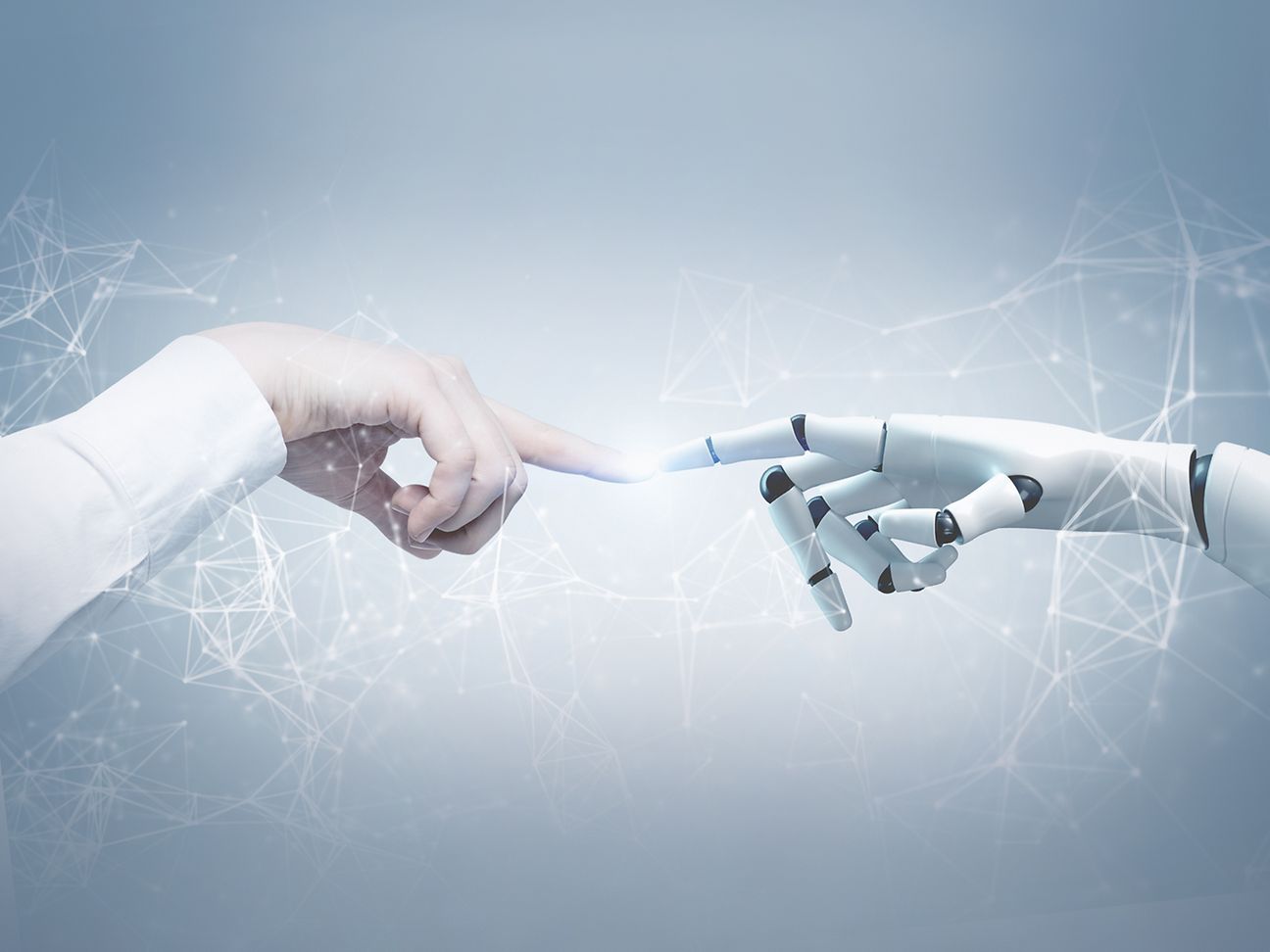Marc Elsberg: "A blackout reminds us exactly what we have to lose."
The author of "Zero" and "Blackout" tells us his surprinsingly positive view on Digitization, talks about basic income, Big Data and stockpile and even the topic of his new book.
Your thrillers "Blackout" and "Zero" tackle the dangers of the interconnected world and warn against over-transparent societies. How do you protect your own personal data in the real and digital world? And what do data leeches already know about you and each of us?
Marc Elsberg: The novels draw attention to the challenges of the interconnected world. There are many advantages to the modern world, which is also made clear in the books. Even a simple blackout reminds us exactly what we have to lose – but you have to create it in the first place.
Digital developments do make many positive things possible. But, unfortunately, there is also a negative side, like impinging on privacy and creating an autocratic surveillance society.
Right now, if you want to take part in normal everyday life and also protect your data, you have to make a significant personal effort and have specialized knowledge. That applies to me, too. But even small symbolic steps at least send a signal to companies and the authorities: surfing on or searching using anonymity tools like TOR, startpage, etc; more limited or no use at all of loyalty or discount cards; leaving your mobile phone at home from time to time when you are on the road, etc.
What other aspects of digitization do you think will have the greatest impact on our lives, both positive and negative? And, other than being cautions with our personal data, how can we influence them?
Marc Elsberg: One aspect will be the continuously increasing automation of processes that are still currently done by people. Highly qualified people are now also increasingly affected by this phenomenon, which will lead to disruption on the labor market. Note: If too long, drop this passage: Whether there will be mass job losses as a result or whether, just as in previous technological revolutions, they just shift to other sectors, is not yet clear. If the former happens, then we are on the cusp of a major realignment of our social system and, in particular, one of the foundations of society: He who does not work shall not eat. If work dries up we are going to have to fundamentally change this view. Otherwise, those left without work will go hungry.
A second aspect is the possibility to measure and quantify certain phenomena like feelings and values in great detail. If you can quantify something, you can split it into units and attach a price to them. Feelings and values, which hitherto were only rudimentary merchandise, will become products. Note: If too long, drop this passage: The public debate, e.g. about shared – or differing– values, has thus far taken place in the political arena. When you can attach a price to "values" then the social discussion of them shifts to the economic arena. Social values like social security, family and partnership models will become little more than goods being traded on a market.
We can influence this by being careful with our data and participating more actively in social debates – in a sensible way, of course, not via hysterical wrangling on both sides.
And when it comes to your writing process, how progressive are you as an author?
Marc Elsberg: I still write myself because, so far, there is no software that can do the job well enough.
You studied industrial design which could imply a certain amount of confidence in progress. And yet, your books shine a light on the dangers of digitization and mechanization in an interconnected and globalized world, rather than environmental protection or terrorism. Has your opinion changed? Is progress really a step backwards, as you put it so succinctly?
Marc Elsberg: I am a big fan of progress and am concerned to observe increasing hostility to progress and technology in Europe and in particular in German-speaking countries. As I have said, what's important to me is drawing attention to aspects of development that haven't received enough critical analysis, not criticizing development itself. In our public debate, which is increasingly dominated by black/white arguments, we are at risk of throwing the baby out with the bathwater. The simple fact that there are many aspects of interconnection and digitization requiring criticism right now does not mean that we should condemn them out of hand. The same applies to the topic of my next thriller: gene technology.
And, incidentally, I didn't originally come up with that snappy sentence "Ist Fortschritt ein Rückschritt?" ("Is progress a step backwards?" in English), it was my publisher. And it was consciously worded as an open question and not an anti-progress statement.
Environmental protection and terrorism have been used in thrillers for decades. It is hard to find a fundamentally new perspective on them. And I have no interest in writing the umpteenth version of the same story just dressed up in a slightly different way.
Do your novels and themes also change the way you lead your life? Rumor has it that you stockpile water and food at home. How much room is left over for optimism?
Marc Elsberg: Food yes. Since I did my blackout research I now have the officially recommended two week reserves at home. It's not that much really. Our mothers had just as much in their pantries in their day. You shouldn't confuse optimism with irresponsibility. Anyone who has built up certain basic reserves, be it food, money, a social network, physical and psychological fitness or anything else, realizes that reserves make it possible to live a more relaxed and thus more optimistic life.

